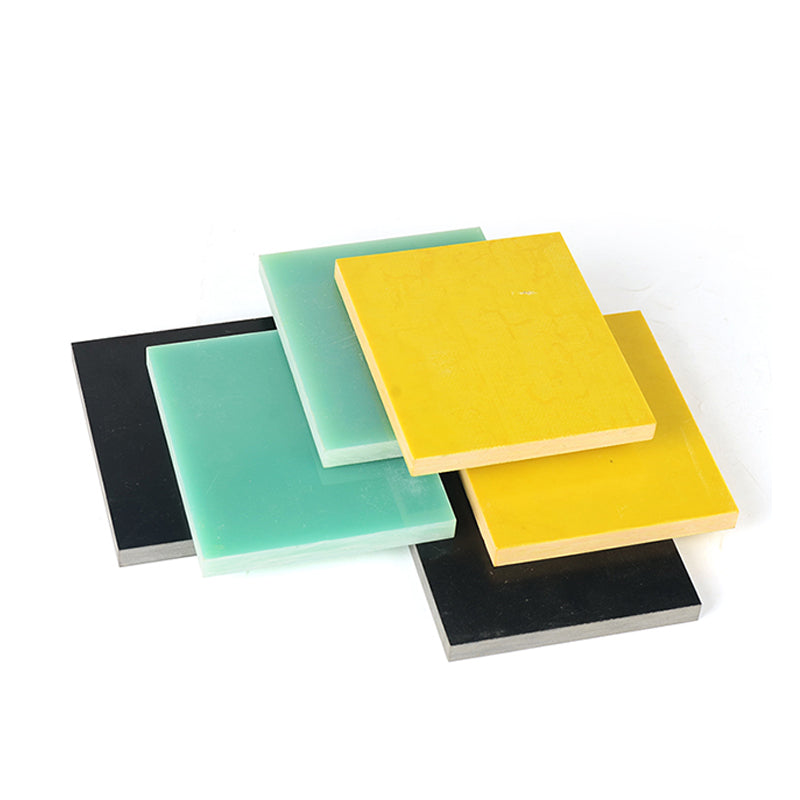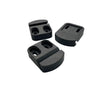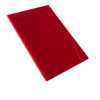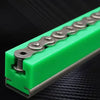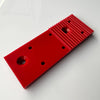Revolution in Electronics: Choosing Plastic Over Metal for Enclosures & Boxes
- Posted by QIanjiesi
- 0 comments

In the dynamic world of the electronics industry, a significant shift is unfolding. Once dominated by metal, the industry is increasingly turning towards plastic enclosures and boxes. This transition is not just a fleeting trend but a substantial move towards innovation and efficiency.
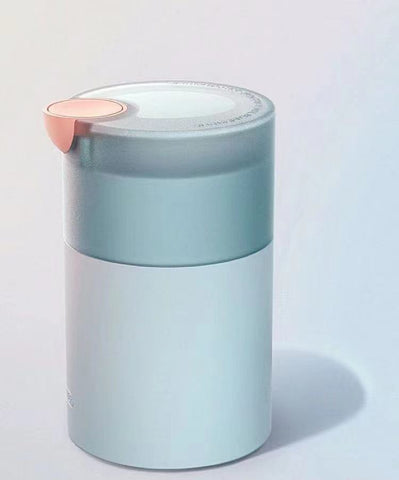
Why is this shift happening, and what does it mean for the future of electronic design and manufacturing? In this exploration, we delve into the core reasons behind the electronics industry's growing preference for plastic over metal. We will touch upon critical aspects such as weight, cost, customization, and durability - all pivotal factors driving this change.
As we navigate through this transformation, it becomes evident that the choice of material is not just about the physical product. It reflects a broader evolution in industry priorities and consumer demands. The move towards plastic signifies a leap into a future where flexibility, efficiency, and sustainability are not just desired but essential.
Join us in uncovering the reasons behind why the electronics industry is choosing plastic enclosures and boxes over metal. From the drawing board to the production line, we will see how plastic is reshaping the very fabric of electronic manufacturing.
The Shift from Metal to Plastic
Historical Predominance of Metal and the Paradigm Shift
Metal, traditionally the cornerstone material in the electronics industry, has long been valued for its strength and durability. However, the industry is currently witnessing a paradigm shift - a move towards plastic enclosures and boxes. This transition is rooted in the evolving needs of the industry and the innovative properties that plastics offer.
Why Plastic? The Core Reasons
The shift from metal to plastic in the electronics industry isn't arbitrary. It's driven by several compelling reasons:
- Innovative Design Possibilities: Plastic offers unparalleled design flexibility compared to metal. This allows for more innovative and ergonomic electronic products.
- Ease of Manufacturing: The ease of molding and shaping plastic has opened new horizons in manufacturing, making it a go-to choice for electronic enclosures.
- Economic Efficiency: Plastics tend to be more cost-effective than metals, not just in terms of raw materials but also in terms of manufacturing processes.
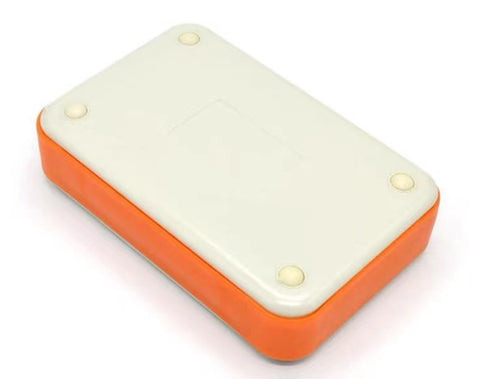
The Role of Consumer Demand and Industry Trends
Consumer demand for lighter, more affordable, and uniquely designed electronics has further fueled this shift. Additionally, the industry's trend towards miniaturization and portability aligns perfectly with the lightweight nature of plastic.
Customization and Design Flexibility
Unleashing Creativity with Plastic
The realm of electronic enclosures has been revolutionized by the customization capabilities of plastic. Unlike metal, which often restricts design due to its rigidity, plastic's malleability allows for custom plastic boxes and enclosures tailored to the unique needs of each electronic device.
Adapting to Design Innovations
This flexibility extends beyond mere shape and size. It encompasses a range of textures, colors, and finishes, enabling designers to push the boundaries of traditional electronic product aesthetics.
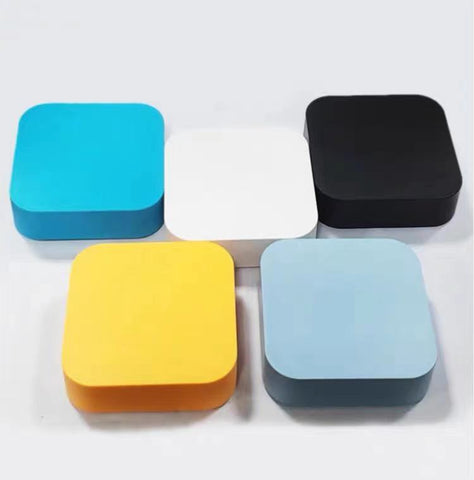
Meeting Specific Functional Requirements
Moreover, the adaptability of plastic plays a significant role in meeting specific functional requirements, such as heat resistance, transparency, or RF shielding. This level of customization is a game-changer, particularly in an industry where each component's form and function are critical.
Durability and Performance
Redefining Resilience with Advanced Plastics
The notion that plastics lack the durability of metal is rapidly becoming outdated. Thanks to technological advancements, modern plastics are engineered to offer remarkable durability. These materials can withstand harsh environmental conditions, including extreme temperatures and corrosive substances, making them ideal for various electronic applications.
Performance that Meets Demand
In addition to being durable, plastics offer superior performance in many scenarios. Their inherent properties, such as electrical insulation and resistance to electromagnetic interference, are critical in the electronics industry. This makes plastics not just an alternative to metal, but often the preferred choice for specific functionalities.
Longevity and Reliability
Moreover, the latest plastic enclosures are designed to last. Their resistance to wear and tear, coupled with minimal maintenance requirements, ensures longevity and reliability - essential factors for electronic devices.
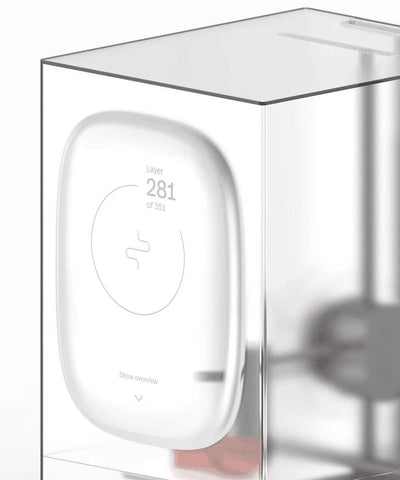
Eco-Friendly and Sustainable Options
Plastics: Paving the Way for a Greener Future
In an era where environmental sustainability is paramount, the electronics industry is increasingly recognizing the eco-friendly benefits of using plastic enclosures. Unlike certain metals that require intensive mining and processing, many modern plastics are being manufactured with reduced environmental impact in mind.
Recyclability and Waste Reduction
A key aspect of this sustainable shift is the recyclability of plastic materials. Advanced plastics can be efficiently recycled, reducing waste and promoting a circular economy. This aligns with global efforts to minimize environmental footprints and supports the industry's move towards more sustainable practices.
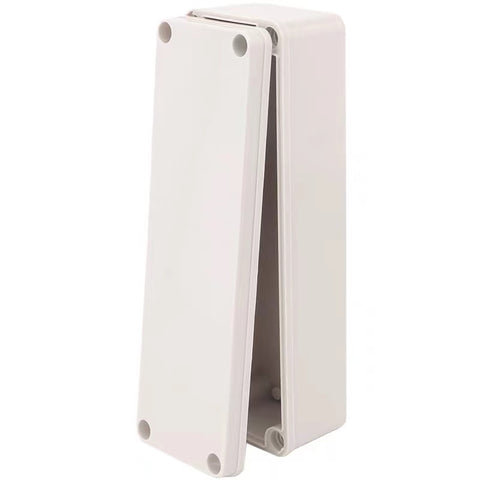
Innovations in Biodegradable Plastics
Moreover, the development of biodegradable plastics marks a significant stride in reducing the long-term environmental impact of electronic products. These materials decompose naturally, presenting an eco-friendly alternative to traditional plastics.
Case Studies
Innovations in the Field: Real-World Examples
To truly grasp the impact of the shift towards plastic in electronics, let's look at some real-world case studies.
-
Smartphone Revolution: One notable example is the transition in smartphone enclosures. Initially dominated by metal, many leading manufacturers now prefer plastic for its lightweight, durable, and design-flexible nature.
-
Medical Devices: In the medical sector, the move to plastic has been revolutionary, especially in portable medical devices, where weight and customization are crucial.

-
Consumer Electronics: Consider gaming consoles, which have evolved from bulky metal enclosures to sleek, lightweight plastic designs without compromising on durability or performance.
Embracing the Future with Plastic Enclosures
As we have explored, the shift from metal to plastic in the electronics industry is more than just a change in material choice; it represents a broader move towards innovation, sustainability, and efficiency. The benefits of plastic, from cost-effectiveness to customization and durability, align perfectly with the evolving demands of the industry and the expectations of consumers.
In conclusion, the adoption of plastic enclosures and boxes is not just a passing trend but a forward-thinking approach in electronic design and manufacturing. It’s a step towards a future where the functionality, aesthetics, and environmental impact are harmoniously balanced.
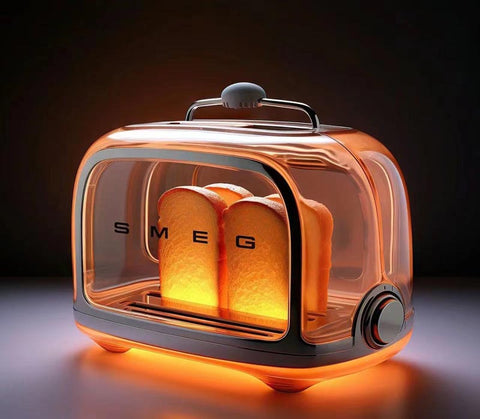
Explore the World of Custom Plastic Solutions
Interested in learning more about how plastic can revolutionize your electronic products? Whether it's about lightweight plastic enclosures or custom plastic boxes, we invite you to dive deeper into the possibilities that plastic fabrication offers.
Connect with Industry Experts
Join our community to stay updated on the latest trends in plastic customization in the electronics industry. Share your thoughts, ask questions, and engage with experts who are at the forefront of this exciting shift.
Take the Next Step
Ready to make the switch? Contact us for a consultation on how our custom plastic fabrication solutions can meet your specific needs in the electronics industry.
-
Posted in
cost, electronics, flexibility, metal, plastic enclosures, weight



